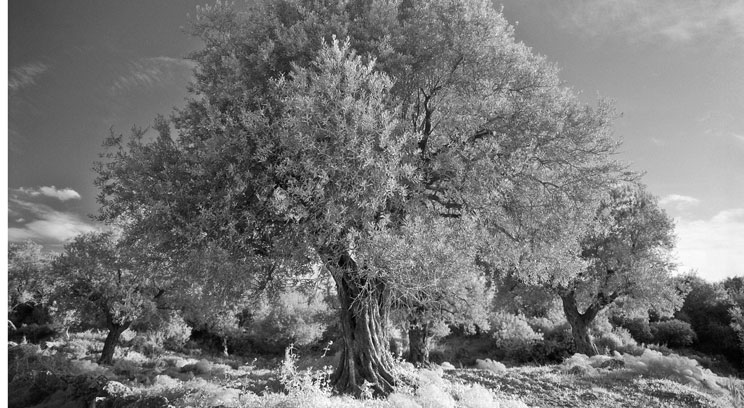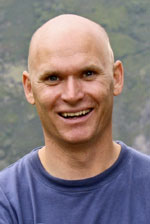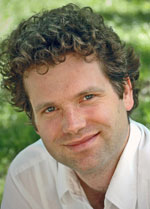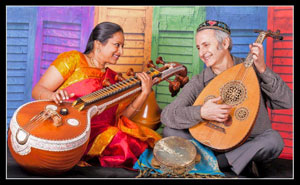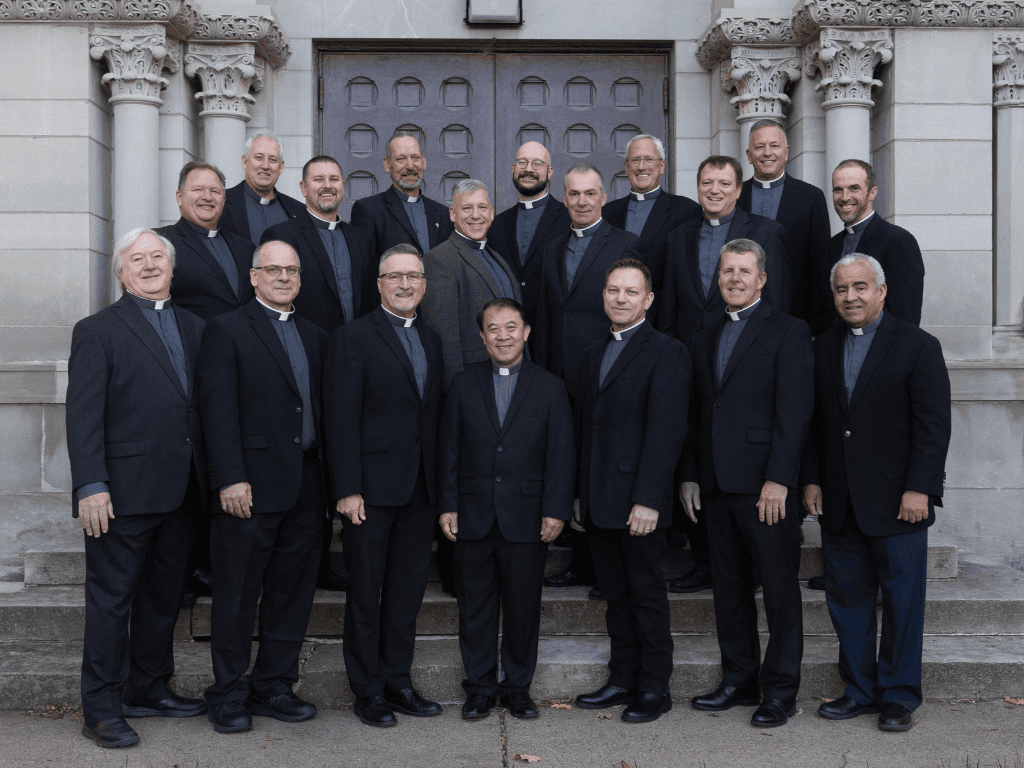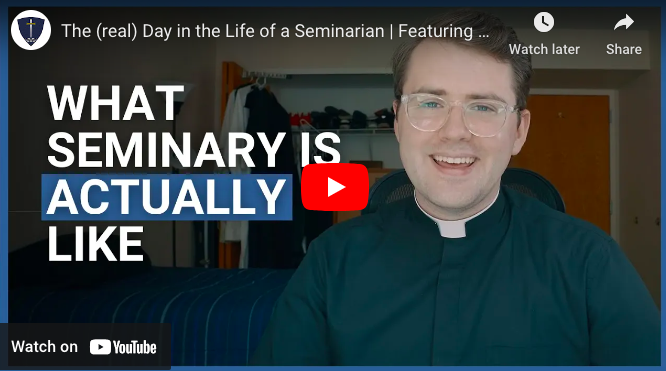The festival begins with visit to campus by noted author Anthony Doerr on Wednesday, March 12.
The University of St. Thomas Sacred Arts Festival, an annual series of events focusing on artistic traditions that explore humanity's understanding of the divine, will feature six events this year that will be held in in March, April and May.
The festival, which began at St. Thomas in 1980, traditionally presents a broad range of artistic forms. The theme of this year’s festival is “wonder,” the beginning of wisdom and worship.
All events are free and open to the public and will be held on the university’s St. Paul campus. They are:
Botanical Art in All Its Wonder, an exhibition of finely detailed botanical art created by seven regional artists, is on display through May 24. Their works can be viewed in the O’Shaughnessy Educational Center lobby gallery on the university’s St. Paul campus. A reception with the artists will be held at 6 p.m. Saturday, April 26.
A goal of the exhibition is to look at the variety of styles and media that can be used to portray the world of flora. Media used in the 50-plus works include painting, drawing, print-making and fused glass. Some of the artists worked outdoors, and some in studios, but each piece required many hours of labor.
Public Reading by Author Anthony Doerr, the Sacred Arts Festival visiting writer, will be held at 7:30 p.m. Wednesday, March 12, in the auditorium of O’Shaughnessy Educational Center.
Doerr is the author of The Shell Collector, About Grace, Four Seasons in Rome, Memory Wall, and the forthcoming novel All the Light We Cannot See, which will be published in May.
His fiction has won a long list of national and international prizes, including four O. Henry Prizes, three Pushcart Prizes, the 2010 Story Prize, which is considered the most prestigious prize in the United States for a collection of short stories, and the Sunday Times EFG Short Story Award, which is the largest prize in the world for a single short story.
Organ Concert by László Fassang will be held at 8:15 p.m. Monday, March 31, in the Chapel of St. Thomas Aquinas.
A native of Budapest, Fassang has won several prizes at major international organ competitions since 2002. He studied organ at the Paris Conservatory and currently teaches organ and improvisation at the Franz Liszt Academy of Music in Budapest, where recently he was appointed assistant professor of organ. His performances are especially interesting because his improvisational style incorporates jazz and folk music influences.
A “Song of Wonder” concert, featuring music and poetry in the Carnatic (South Indian) and Judeo-Spanish traditions, will be performed by vocalists Nirmala Rajaseker and David Jordan Harris at 7:30 p.m. Wednesday, April 23, in the Chapel of St. Thomas Aquinas.
Rajeseker and Harris will be joined by a trio of distinguished instrumentalists: Carnatic percussion master Thanjavur Muruga Boopathi from Chennai, India, percussionist Mick LaBriola, and ’ud player David Burk.
Highlights of the concert will include excerpts from the oldest existing piece of notated Jewish music; improvisational performances by Rajaseker on the veena; ancient Tamil Sangam poetry; Judeo-Spanish and Hebrew chants from traditional Jewish communities in Bosnia, Turkey and Morocco; and new musical arrangements.
The concert is co-sponsored by the Jay Phillips Center for Interfaith Learning, a joint enterprise of St. Thomas and St. John’s University, Collegeville.
The St. Thomas Alumni Choir Spring Concert will be held at 2 p.m. Sunday, April 27, in the Chapel of St. Thomas Aquinas.
The choir is a mixed vocal ensemble composed of St. Thomas alumni, young and old, who perform both sacred and secular music from contemporary and historic composers.
Choral Concert of Mozart’s Mass in C, the “Coronation Mass,” performed by the St. Thomas Concert Choir and Liturgical Choir, will be held at 2 p.m. Saturday, May 3, in the Chapel of St. Thomas Aquinas.
Conducted by Angela Broeker and Aaron Brown, the choirs will be accompanied by professional orchestral musicians from the Twin Cities. In addition to the joyous, 1779 “Coronation Mass,” the afternoon’s program will include short, sacred selections from the Renaissance, Baroque, and Classical periods.
A schedule of this year’s Sacred Arts Festival events can be found here.
